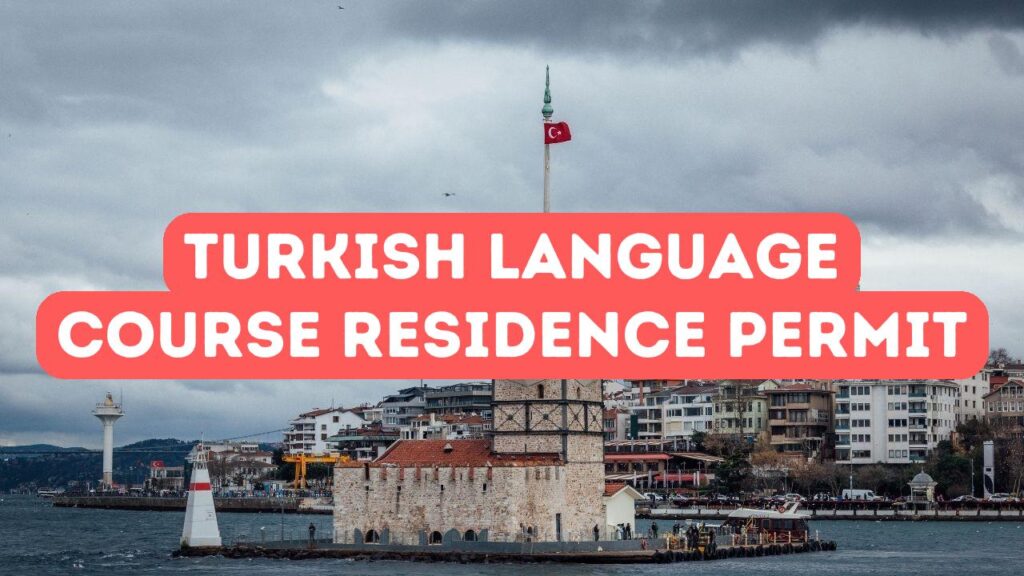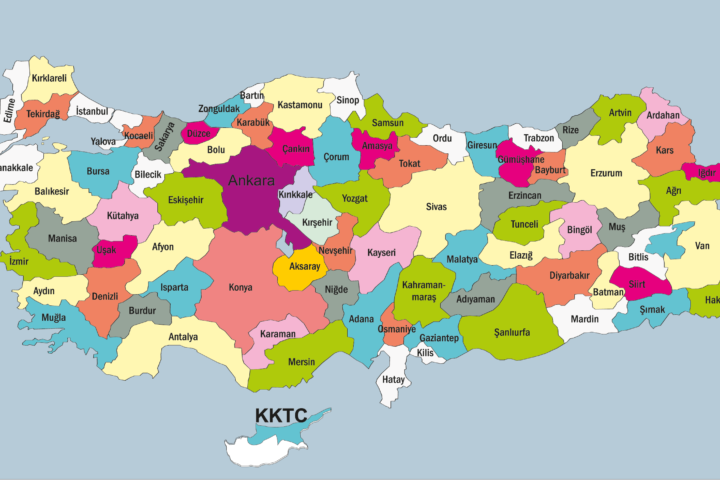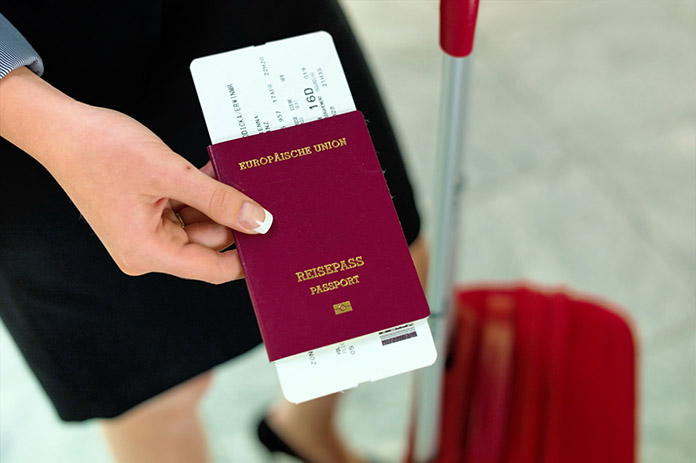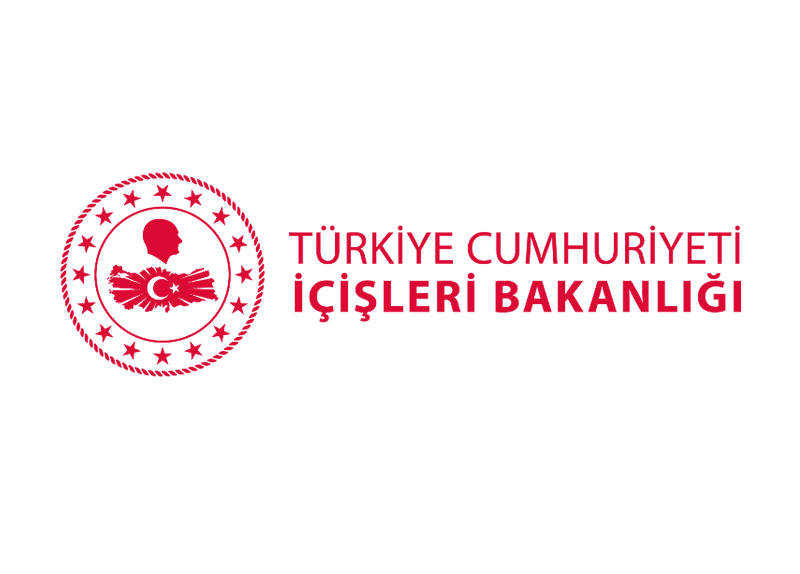Navigating the intricacies of studying abroad often comes with its unique set of challenges, and for those looking to immerse themselves in Turkish culture and language, securing the right residence permit is a crucial step. At Campus Turquie, we understand the complexities involved in obtaining a Turkish Language Course Residence Permit and are here to guide you through the process seamlessly. Whether you aim to enhance your employability, engage deeply with Turkish society, or simply appreciate the linguistic richness of the region, earning a residence permit is both an essential legal requirement and a gateway to a transformative educational experience. Join us as we delve into all you need to know about obtaining this permit, ensuring your focus remains on learning and enjoying your time in Turkey, while we handle the administrative hurdles for you.
Eligibility Criteria and Required Documents
To obtain a Turkish Language Course Residence Permit, applicants must meet specific eligibility criteria and prepare a set of required documents. Firstly, individuals must be enrolled in a recognized and accredited Turkish language course, which is a fundamental prerequisite. Additionally, applicants must present a valid passport with a minimum of six months remaining before expiration. Essential documents include a completed application form, passport-sized photographs, proof of financial means to support one’s stay in Turkey, and valid health insurance coverage. It’s also crucial to provide a letter of acceptance from the language school and proof of accommodation arrangements. By carefully compiling these documents and ensuring all eligibility criteria are met, applicants can smoothly advance toward securing their residence permit.
A critical component of the application process is demonstrating financial stability, which typically involves presenting bank statements or a sponsor letter confirming sufficient funds to cover tuition fees and living expenses during your stay. Additionally, securing health insurance that is valid in Turkey is mandatory and needs to cover potential medical expenses for the duration of your program. For those who plan to stay in Turkey for an extended period, registering with the local Turkish authorities upon arrival is also a prerequisite. This registration often involves visiting a local police station or immigration office to submit your documents in person, and sometimes attending an interview to verify your application details. At Campus Turquie, we’re dedicated to ensuring our clients have a clear understanding of these requirements, assisting you every step of the way to simplify this often daunting process.
At Campus Turquie, our commitment extends beyond just guiding you through paperwork. We offer comprehensive support by assisting you in gathering all necessary documents, reviewing your application for accuracy, and providing personalized advice tailored to your specific situation. We understand that navigating these requirements can be overwhelming, particularly if you are unfamiliar with the local regulations or have language barriers. That’s why we dedicate ourselves to providing clear, step-by-step instructions and continuous support throughout the entire application process. By taking advantage of our expertise and assistance, you can focus on your primary goal—immersing yourself in the Turkish language and culture—while we handle the detailed administrative tasks to help you secure your Turkish Language Course Residence Permit efficiently and successfully.
Step-by-Step Application Process
The first step in the application process for a Turkish Language Course Residence Permit is to secure an acceptance letter from an accredited Turkish language institution. This document is essential, as it verifies your enrollment and serves as proof of your educational commitment while in Turkey. Once you have this letter, you will need to prepare several other key documents, including a completed application form, valid passport, recent passport-sized photographs, proof of financial stability, and health insurance. Collecting these documents might seem daunting, but Campus Turquie can assist in ensuring that each requirement is met efficiently, making the initial stage of your application both straightforward and stress-free.
Once you have gathered all the necessary documents, the next step involves submitting your application online through Turkey’s e-residence platform. After completing the online application, you will be required to schedule an appointment at the nearest Göç Idaresi (Provincial Directorate of Migration Management) office. Timing is crucial here, as appointment slots can fill up quickly, and any delays could potentially set back your application process. Campus Turquie offers personalized assistance to help you select the earliest available appointment and prepare for your visit to the Göç Idaresi office. During your appointment, you will need to present all your original documents, and undergo a brief interview, during which the authorities will ask questions to verify the information provided in your application. Our team will guide you through each step to ensure a smooth experience.
Following your appointment at the Göç Idaresi office, the final step involves awaiting the decision on your residence permit. The processing time may vary, but typically it takes several weeks. Throughout this period, it’s important to regularly check the status of your application online to stay updated. At Campus Turquie, we keep a close eye on the progress of our clients’ applications and offer timely updates to ensure you remain informed. If any additional documentation or clarification is requested by the authorities, our team will assist you promptly in providing the necessary information. With Campus Turquie by your side, you can rest assured that any complications or delays will be managed effectively, allowing you to focus on your studies and settle comfortably into your new life in Turkey.
Common Mistakes to Avoid
One of the most common mistakes applicants make is not starting the residence permit application process early enough. Given that the documentation and approval process can be time-consuming, waiting until the last minute can lead to unnecessary stress and potential delays in starting your language course. At Campus Turquie, we encourage our clients to begin gathering the necessary documents and submitting their application as soon as they receive their acceptance letter from the language school. By planning ahead, you allow ample time for any unforeseen complications and ensure a smoother transition into your studies without the worry of visa-related interruptions.
Another frequent oversight is failing to provide complete and accurate documentation. Even minor errors or omissions can stall the application process, leading to frustrating delays. Essential documents typically include your acceptance letter, passport, proof of sufficient financial means, and proof of health insurance. At Campus Turquie, we assist our clients in meticulously preparing and reviewing these documents to avoid common pitfalls such as missing signatures, outdated forms, or incorrect translations. Ensuring your application is error-free not only expedites the process but also illustrates your dedication and preparedness to Turkish immigration authorities.
Lastly, not understanding the specific requirements and regulations of the Turkish Language Course Residence Permit is a mistake that can easily be avoided with proper guidance. Each applicant’s situation may differ, and subtle nuances in the regulations can impact the success of your application. Overlooking factors like the duration of the language course or changes in immigration policies can lead to unanticipated complications. Campus Turquie stays updated with the latest immigration guidelines and provides customized advice tailored to each client’s unique circumstances. By entrusting us with the interpretation of these legalities, you can focus on preparing for your educational journey, confident that your residence permit application complies with all current regulations.







